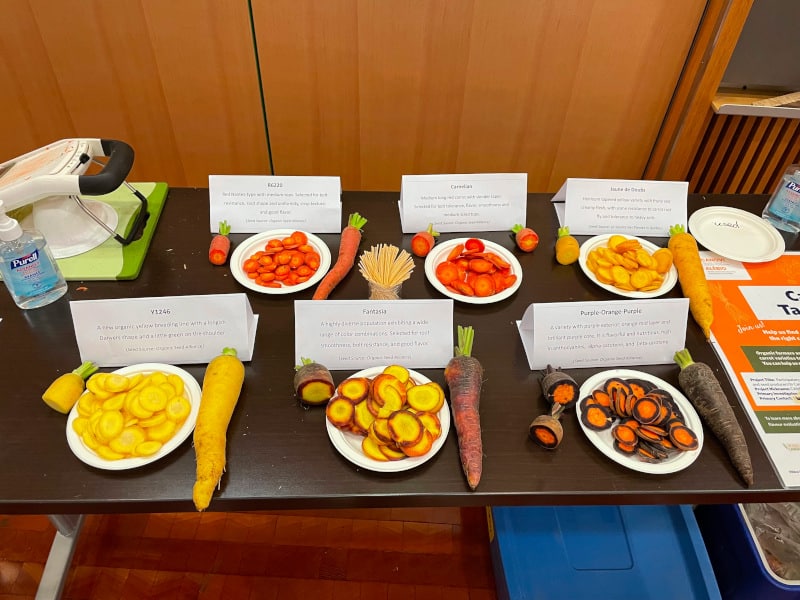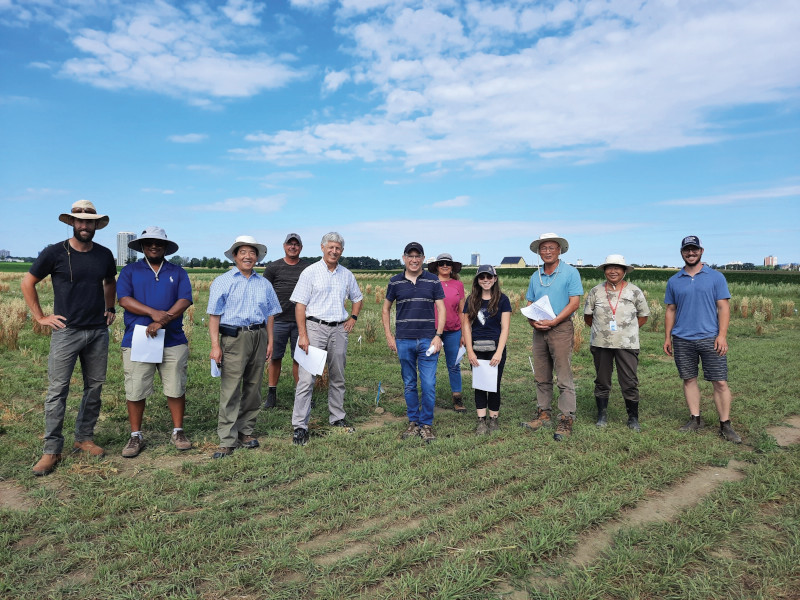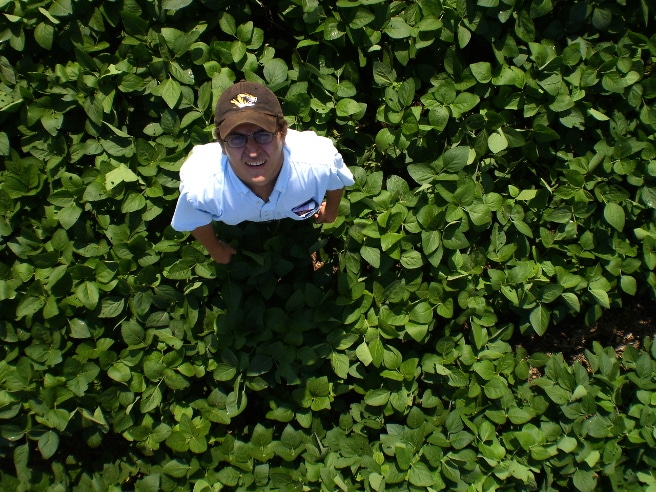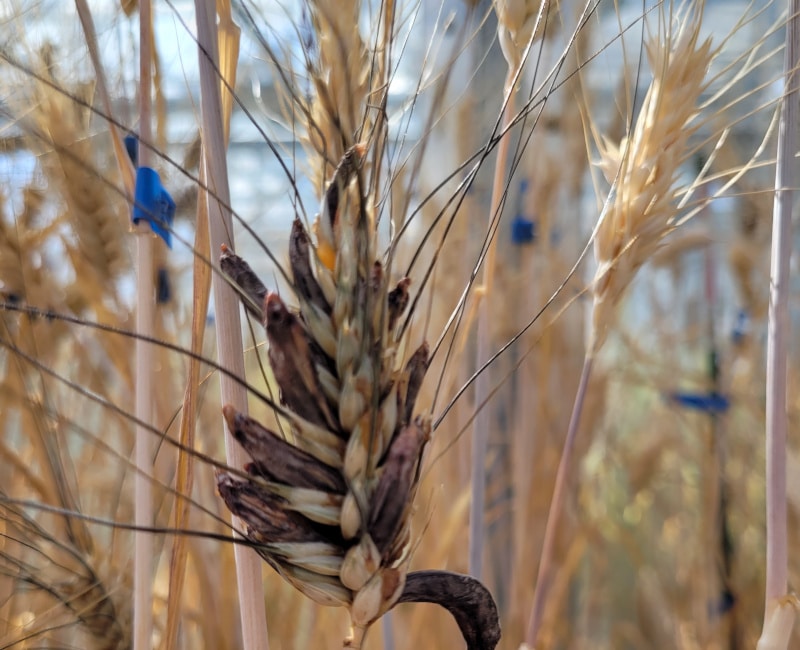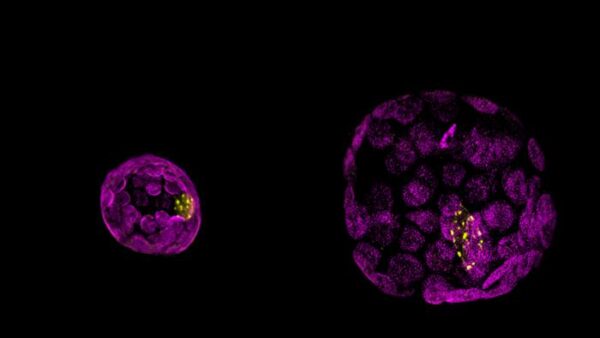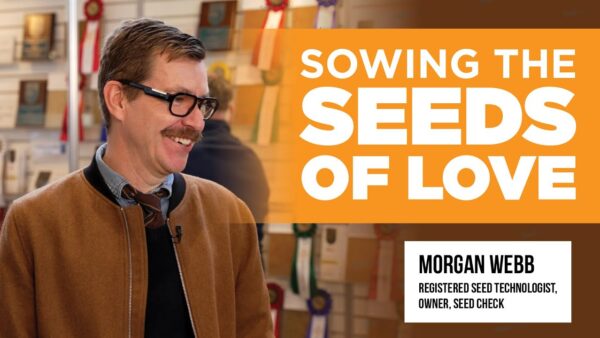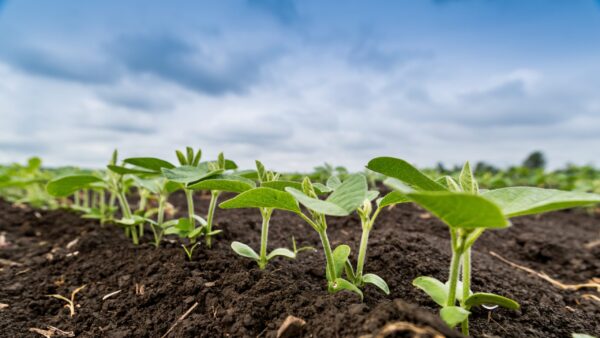
Editor’s Note: This article is part of a series on major contributions to plant breeding and science in Canada’s public sector including innovations in: Canola, Barley, Oat, and Triticale, Wheat, Sunflower, Pulses, Oilseeds, Horticultural Crops, and comments from our editorial board.
Enhancing Seed Security
University of British Columbia
The Canadian Organic Vegetable Improvement (CANOVI) project addresses a critical issue: the reliance of Canadian organic vegetable growers on seeds bred for conventional agricultural systems, which often don’t suit our country’s conditions. By collaborating with non-profits, CANOVI aims to enhance seed security by identifying and developing vegetable varieties better suited to the local environment through participatory plant breeding.
This approach not only engages growers in trialing diverse varieties but also improves their skills and awareness of available options. For instance, the project has produced CANOVI Orange, an open-pollinated Nantes carrot variety tailored to local needs. Additionally, CANOVI explores the genetic basis of environmental adaptation in carrots to develop varieties more resilient to changing climates. This work is crucial for enhancing the sustainability and resilience of Canadian organic vegetable production.
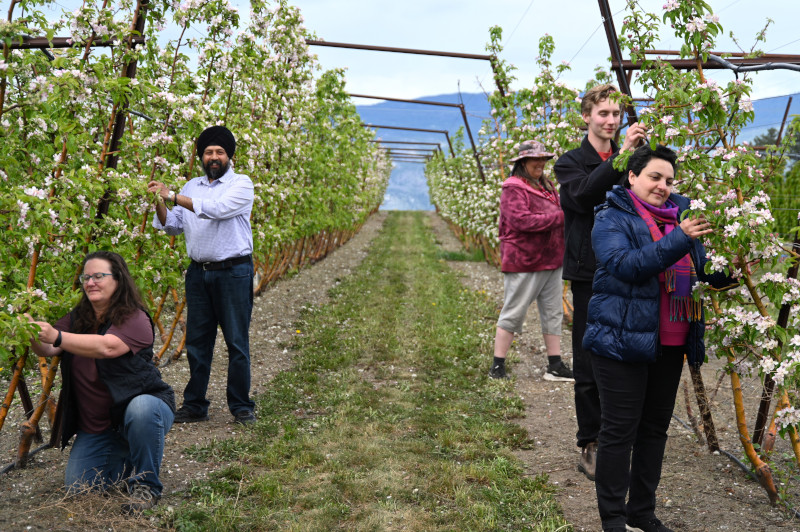
Ensuring the Sustainability of Tree Fruit
Summerland R&D Centre
The Summerland Research and Development Centre (RDC) of Agriculture and Agri-Food Canada has played a pivotal role in driving economic growth in the horticulture industry, particularly with its sweet cherry cultivars, which dominate globally. However, breeding perennial fruit trees is inherently time-consuming, requiring years for trees to mature and fruit, compounded by the labour-intensive task of evaluating traits across extensive germplasm.
To address these challenges and enhance efficiency, Summerland RDC’s tree fruit breeding program has embraced innovative strategies such as automated data management, 3D printing, and AI for precise fruit phenotyping, significantly expediting the evaluation process. This digital transformation enables researchers to analyze the impact of weather patterns on fruit quality and production, crucial for climate change research.
By leveraging novel technologies for phenotyping, Summerland RDC remains at the forefront of scientific innovation in tree fruit breeding, facilitating the development of new cultivars and ensuring industry sustainability.

Editor’s Note: This article is part of a series on major contributions to plant breeding and science in Canada’s public sector including innovations in: Canola, Barley, Oat, and Triticale, Wheat, Sunflower, Pulses, Oilseeds, Horticultural Crops, and comments from our editorial board. Use the buttons below to explore these exciting new innovations or read from the start.


